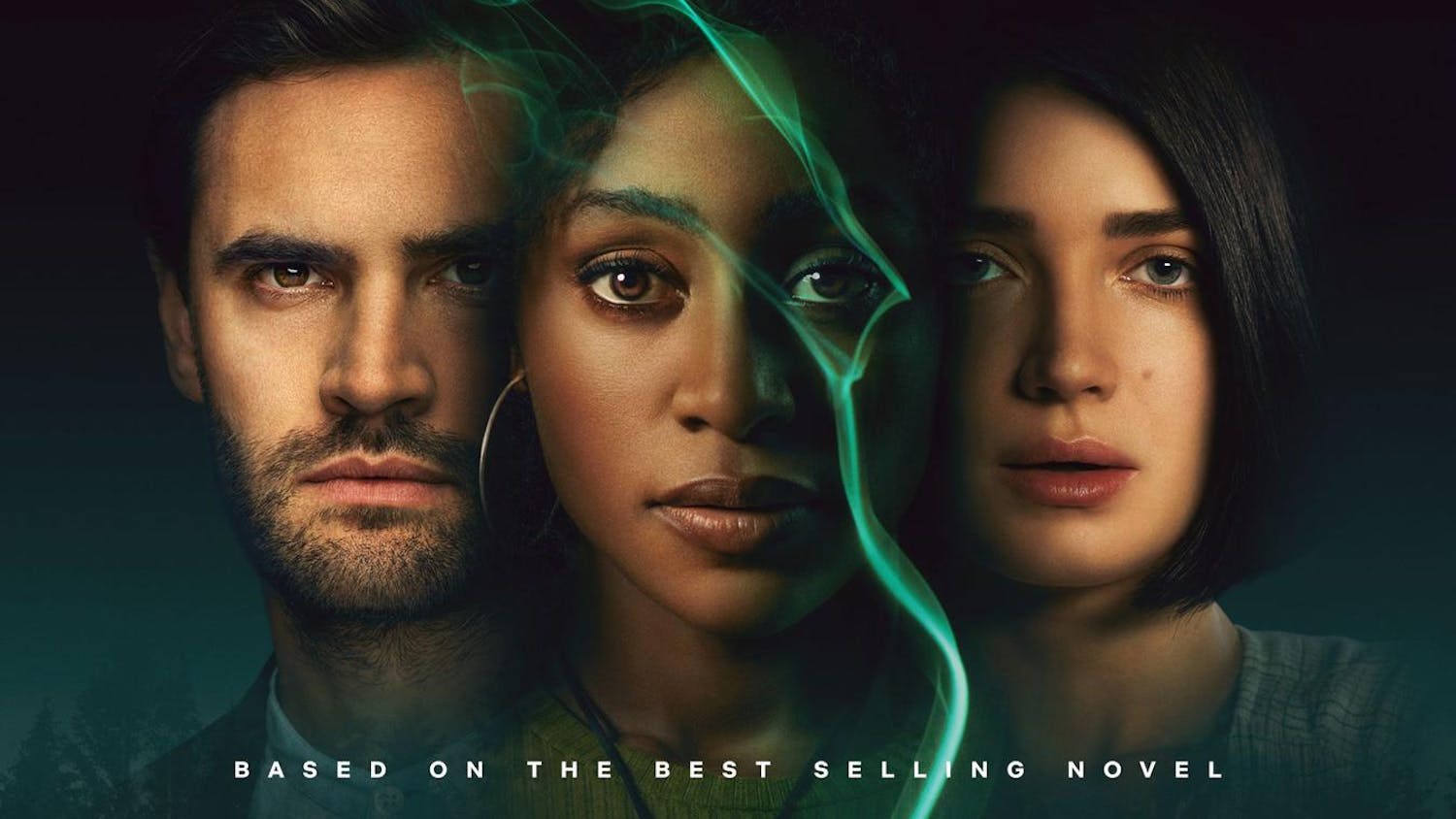The pretentious music lover’s worst nightmare has become all too real. It goes like this: they’re walking in some store or perusing a streaming platform and happen upon a song they had never heard before. They add it to their playlist, and soon, they have found their favorite underground, slept-on artist. They feel a sense of pride — their sonic repertoire is sophisticated enough to surpass those comprised solely of trending TikTok audios. Their music taste is unusual, mysterious. Then, one fateful day during their daily scroll, they hear it — fifteen seconds of their song, coupled with a dance or some form of trend in words or movement. They hope it was just this one video, but before they know it their every scroll is tormented by a sound-bite of their once-unique melody. With horror, they realize — their beloved song has become a trending TikTok audio. It has reached the ears of many listeners, but at what cost?
While I am somewhat ashamed to say that I am this person, I truly sympathize with the pretentious music lover’s plight; losing his favorite song to a fate of being segmentally overplayed in fifteen-second increments, underappreciated for the art it is, is devastating. However, this only scratches the surface of the issues caused by TikTok’s disgusting commercialization and commodification of once-authentic music. As long as TikTok has existed as a medium, even in its Musical.ly days, songs have been an integral component of the very concept of the short-form, video-driven platform. It didn’t matter if the songs were popular on the radio; they just needed to be able to form a trend and fuel dance, text or other action. Without its “audios” the platform is nothing. Or, at the very least, it doesn’t live up to its conceptual potential. Think about the last time you were scrolling on a silenced phone — the media experience is incomplete, and some things just don’t make sense. In this way, the music of TikTok videos shapes the platform, trends and scrolling experience. The omnipresence of music on TikTok is just a product of the medium, and this can even have the positive effect of boosting unknown musicians whose music suddenly “blows up” and becomes trendy. However, on a larger scale, the way music is translated into short-form TikTok videos reduces passion-driven, meticulously crafted music to “audios” or “sounds” that act as fragments of the whole. So while it may seem dramatic, it really is a tragedy — one that manipulates not only the way we listen to music, but the way artists create.
As music morphs into trending TikTok audio form, listeners change their perspective on the song itself, recognizing it as something they first heard on TikTok, associated with a particular trend. For example, take “Lottery (Renegade)” by American rapper K Camp — the quintessential “TikTok audio”. This song became a trending audio during the beginning of TikTok dances in late 2019/early 2020 as various influencers like Charli D’Amelio popularized an accompanying dance made by the then-tween Jalaiah S. Harmon. I think it’s fair to say that most people who were active online during this time knew the song because of its dance, with over 30 million users taking their own shot at the choreography. In this sense, the song became defined by its beginning sound-bite that blew up on TikTok; it couldn’t be heard without thirty-or-so seconds of it being a TikTok audio with a corresponding dance. While this definitely played into the individual success of the song and the dance, the real music is modified by listeners primed to hear it in relation to trends and social media.
More harmfully, artists have become keen on the formulaic sound-bite industry that TikTok audios have perpetuated, creating inauthentic songs solely for profit. As clips from songs like “Lottery (Renegade)” blow up on platforms like TikTok along with various trends, the songs themselves tend to gain popularity on streaming platforms. As artists began to realize this, a vicious feedback loop was set in motion: A song becomes a trendy soundbite, and people start to listen to it on streaming platforms, boosting its popularity. This prompts cash-driven artists to create songs designed to go viral as TikTok audios, sometimes even creating their own trends to push engagement with the audio. With this, the cycle continues, and the greed of money-hungry “musicians” feeds an inauthentic creation of subpar, formulaic music.
TikTok’s influence on the music industry has destroyed listenership and musicianship alike. While it provides exposure for up-and-coming artists, the platform is ultimately exploitative, commodifying music as a tool for profit. Plus, it forces us pretentious music lovers to a life of fear, forever hoping with every scroll that our newest favorite isn’t the next to face overexposure on TikTok.
Hazel Tjaden is a freshman in the College of Arts and Sciences. She can be reached at hlt43@cornell.edu.











